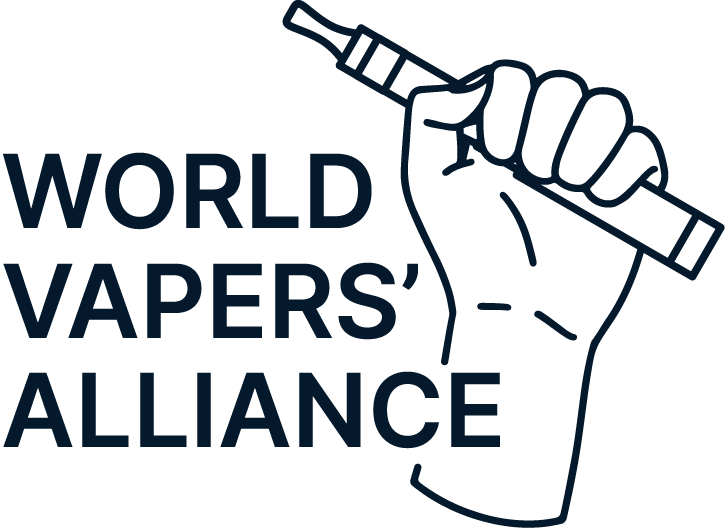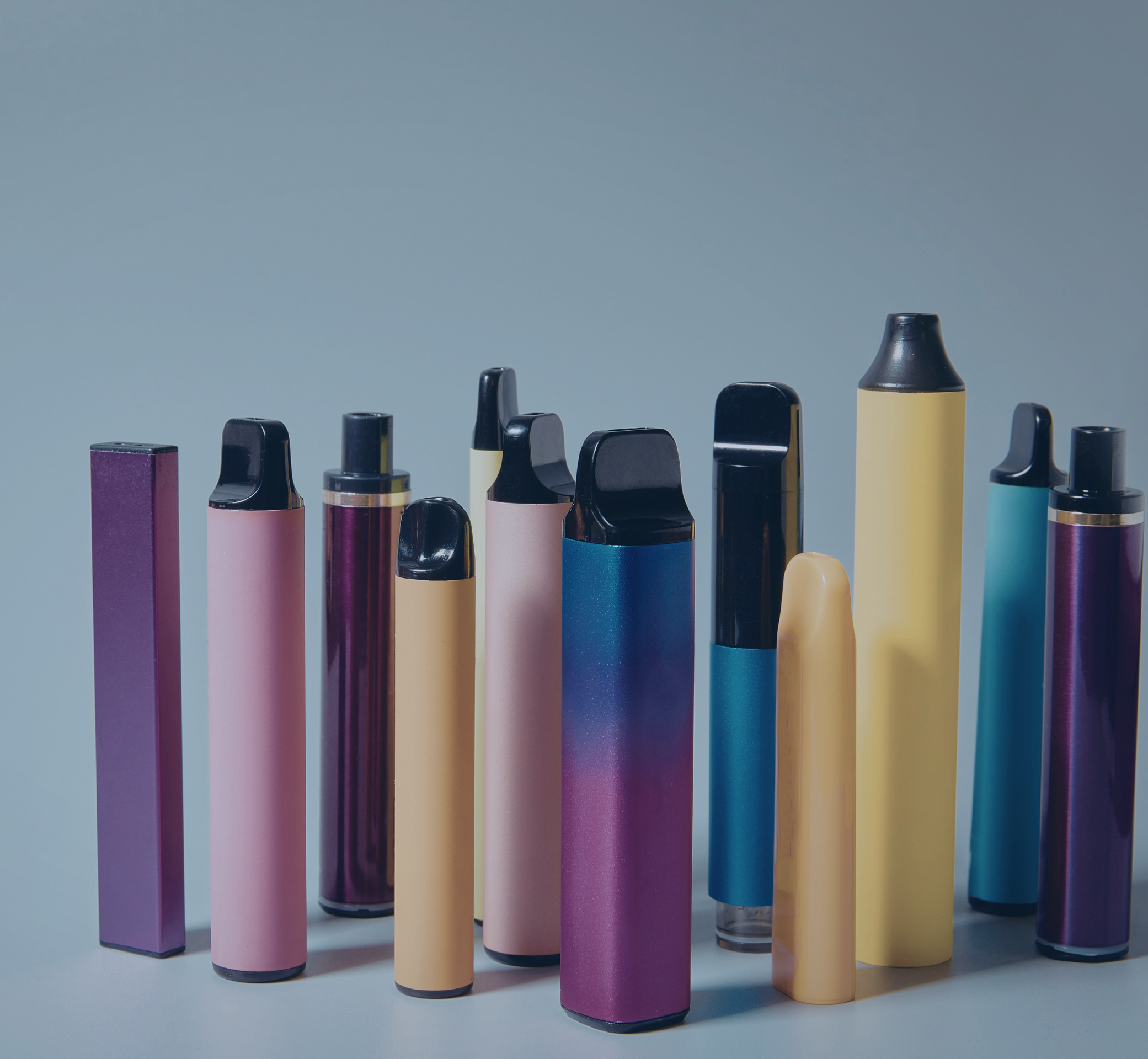Osasunaren Mundu Erakundeak mundu osoko gobernuei lurrungailuen zaporeak debekatzeko eskatzen dien arren, benetako datuek adierazten dute debeku horiek kontraproduktiboak direla eta lurrungailu produktuak babesteak erretze-tasak murrizten laguntzen duela.
Joan den hilabetean Osasunaren Mundu Erakundeak (OME) eman zuen adierazpen bat Mundu osoko gobernuei lurruntze-produktuak eta zaporeak debekatzeko eskatuz, OMEren lurruntze-produktuen aurkako kanpainaren areagotzea markatu zuen mugimendu horrek. Mundu osoko tabakoaren kalteak murrizteko adituen (THR) sentimendua oihartzun eginez, Munduko Lurruntzaileen Aliantzak (WVA) berretsi zuen OMEren jarrera okerra ez ezik, zientziarekin loturarik ez duen arriskutsua ere badela.
WVAko zuzendari Michael Landlek azpimarratu zuen ikerketek adierazi dutela zaporetako lurrungailuak erretzeari uzteko arrakasta izateko aukerak handitu 230%-k zapore gabekoekin alderatuta. WVA-k ere aipatu zuen lurruntzea erretzea baino kaltegarriagoa dela eta erretzaileei zigarro elektronikoari uzteko eraginkorragoa dela txiklea eta adabakiak bezalako metodo tradizionalak baino. Zentzu honetan, THRko adituek argudiatzen dute lurruntze-zaporeetarako sarbidea mugatzeak edo debekatzeak osasun publikoko ahaleginak ahulduko lituzkeela eta bizitza galera beharrezkoak ez izatea eragingo lukeela.
Landlek esan zuen OMEren proposamena osasun publikoa babesteko duen betebeharra agerian uztea dela, eta atzerakoikeria gisa deskribatu zuen, ziurrenik... jendea erretzera itzultzera bultzatu. WVAk osasun-arduradun globalei eskatzen die OMEren gomendioa baztertzeko eta zigarro elektronikoak arautzeko ikuspegi ebidentzialagoa eta orekatuagoa har dezaten.
Irakurri testu osoa hemen







